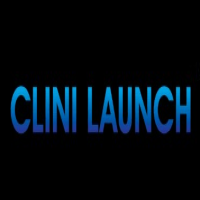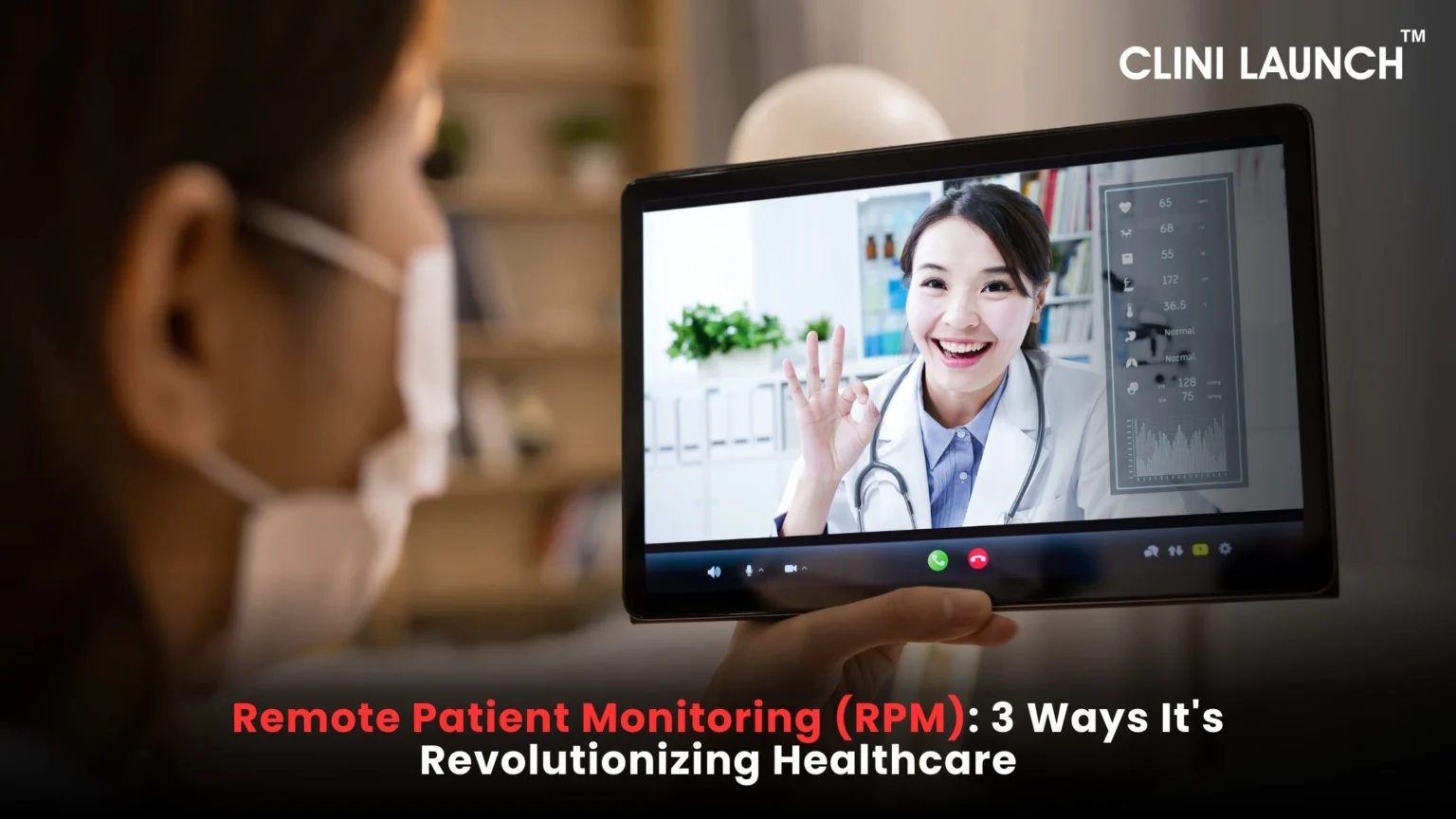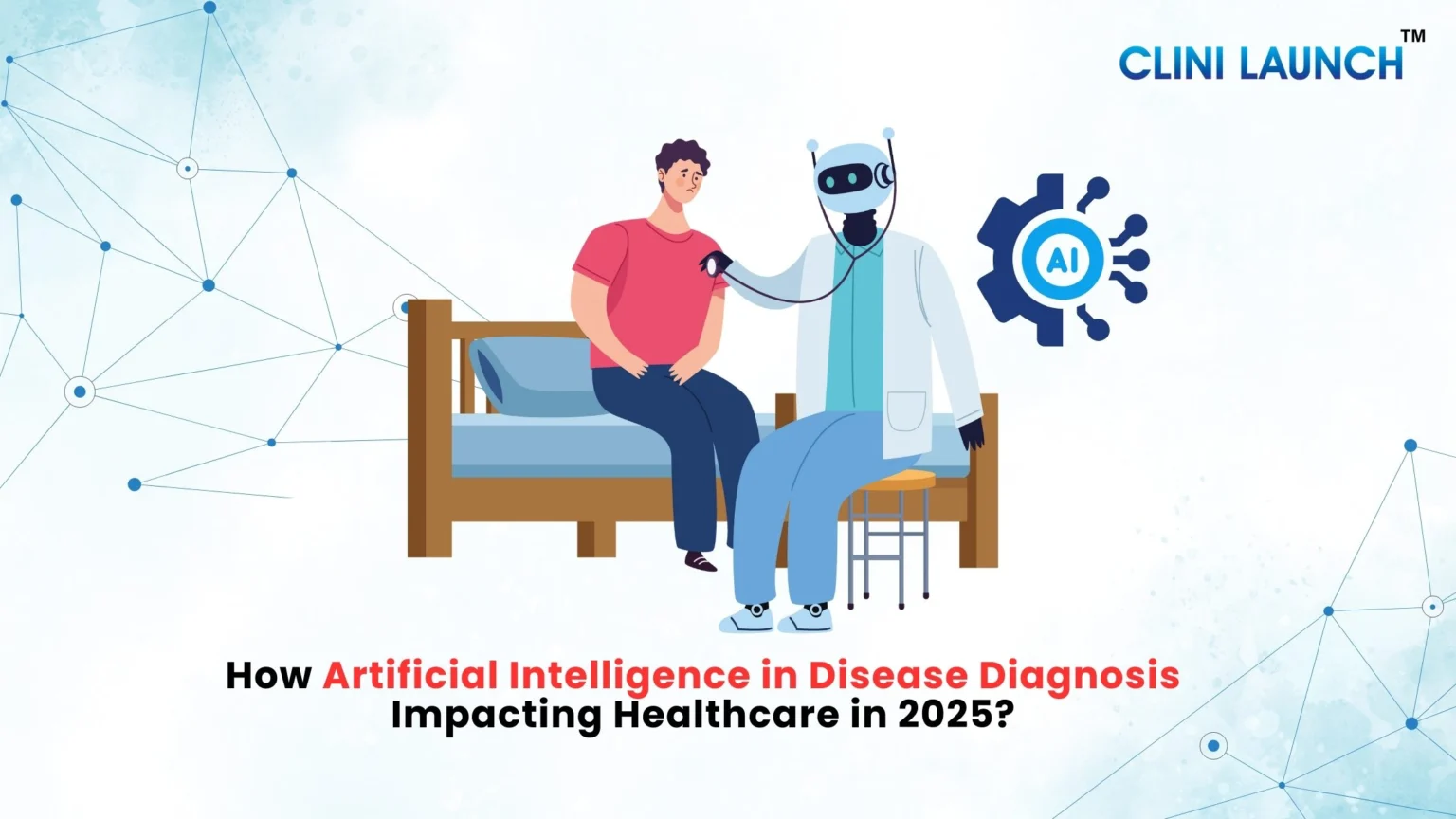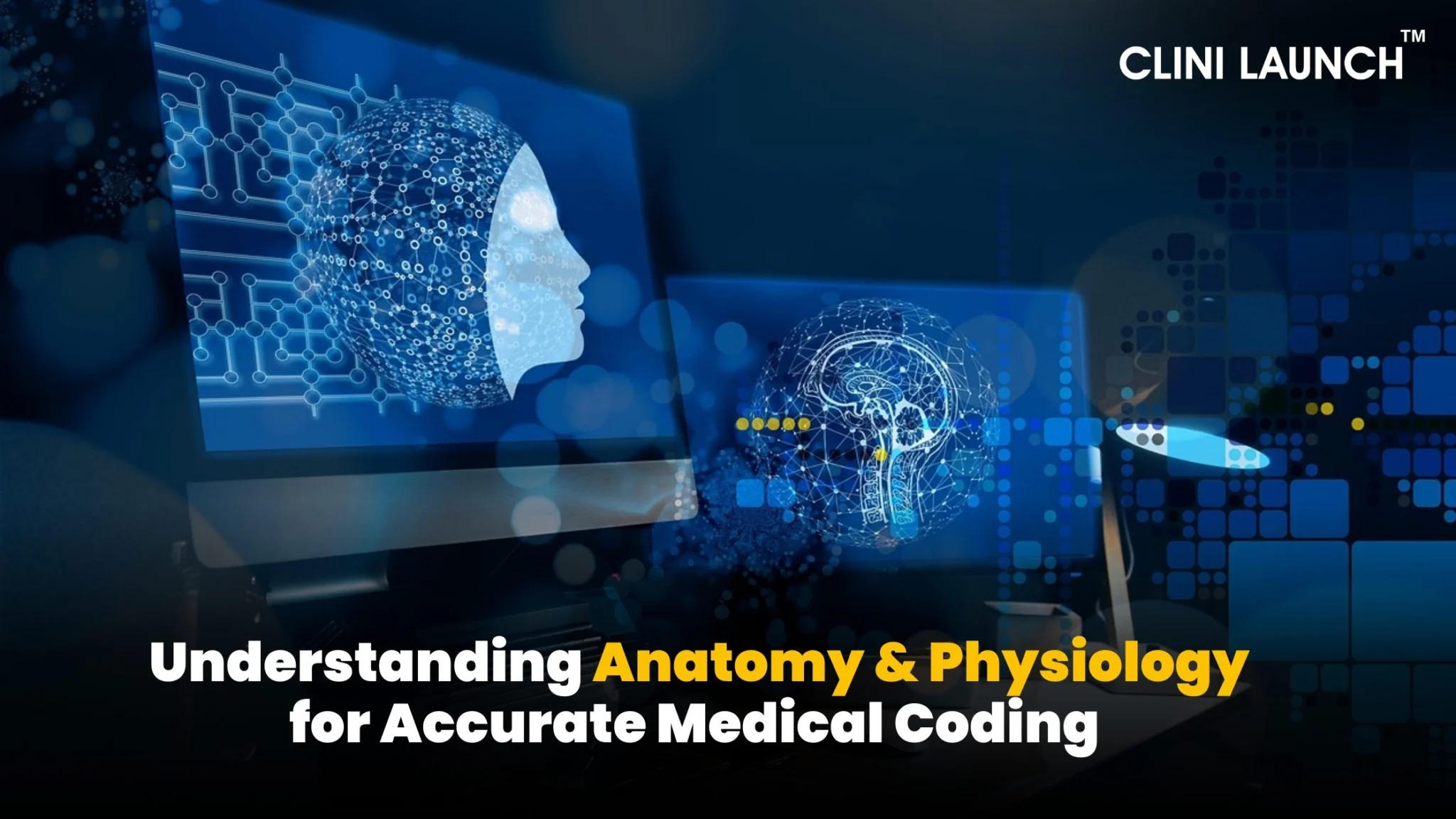A Detailed Guide to Medical Terminology 101 and its applications
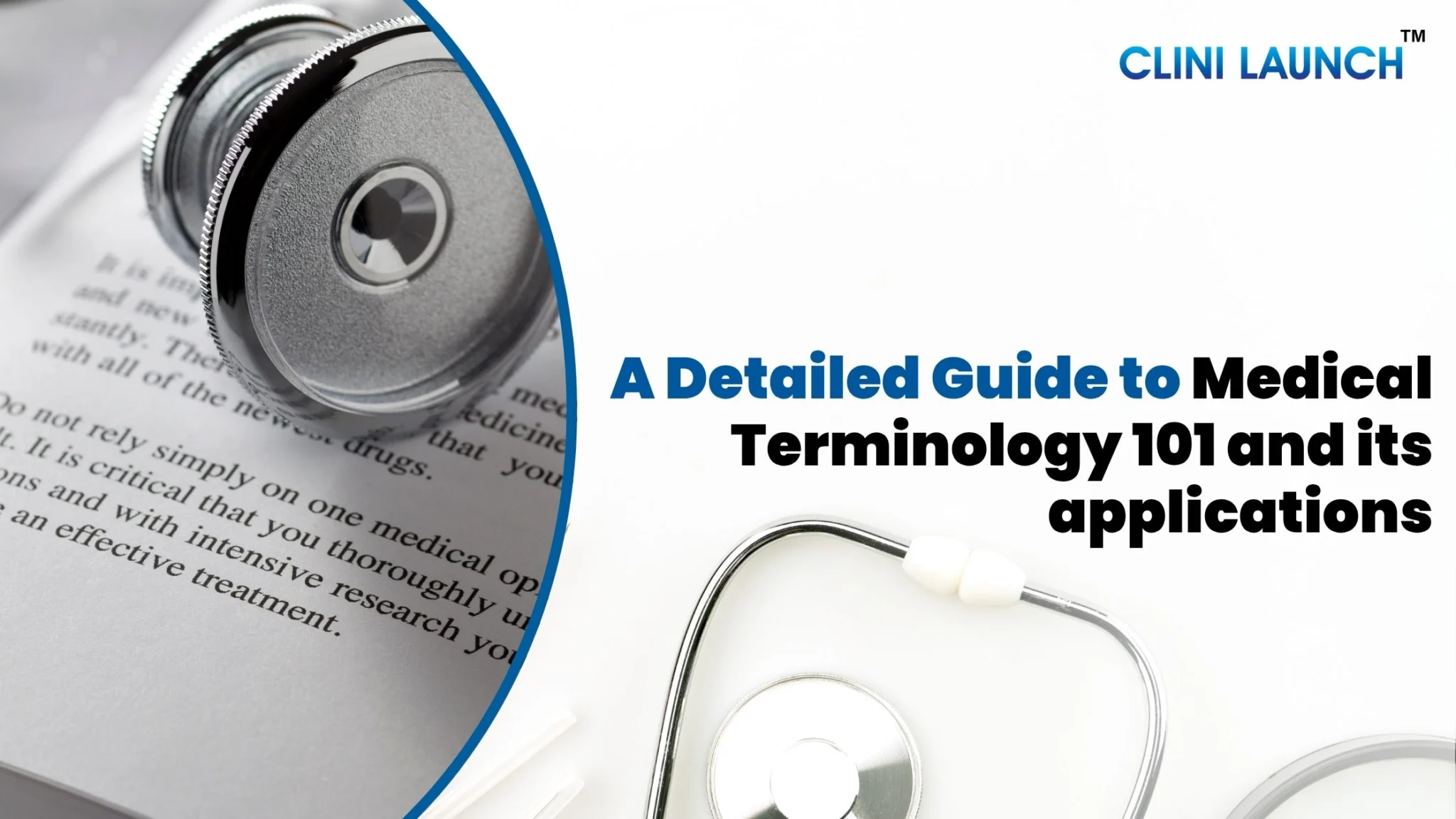
A deep insight into medical terminology can help you navigate critical medical situations with confidence, and the ability to interpret medical language accurately is paramount for healthcare providers across all disciplines. For an individual harboring an interest in the intricate world of medicine, possessing a comprehensive understanding of medical verbiage, etymological roots, and the systematic structure of medical terminology will undoubtedly serve as a significant catalyst for career advancement and professional efficacy. This extensive blog post delves into a detailed and comprehensive guide to medical terminology, meticulously crafted to serve as a robust and enduring foundation upon which you can continually diversify and refine your medical language proficiencies.
Enroll Now: Medical Coding Course
Decoding the Language of Healthcare: Medical Terminology
At its core, medical terminology is defined as the specialized vocabulary and precise language employed within the health and medical domain to articulate a vast spectrum of concepts, from fundamental anatomical structures to intricate physiological processes, complex medical procedures, diverse pathological conditions, and various therapeutic interventions. The basic medical terminology serves as the bedrock of this linguistic framework, providing the essential lexicon used to represent the fundamental building blocks of the human body, the mechanisms of disease, and the initial steps in diagnosis and treatment.
While the prospect of memorizing the seemingly endless array of medical terms across numerous medical specialties might initially appear daunting, the inherent structure and logical organization of medical language render it surprisingly manageable when approached with a systematic understanding of its constituent parts. This intricate language system is fundamentally classified into three core components, each contributing a distinct layer of meaning to the overall term:
Deconstructing Medical Terms: The Tripartite Structure
Deconstructing Medical Terms: The Tripartite Structure
Medical Prefixes: The Initial Modifiers: Positioned at the very beginning of a medical term, a prefix acts as a crucial modifier, imparting essential information regarding a multitude of aspects. These include anatomical location (e.g., epi- meaning above, sub- meaning below), directional orientation (e.g., antero- meaning front, postero- meaning back), qualitative characteristics (e.g., tachy- meaning fast, brady- meaning slow), quantitative measures (e.g., hyper- meaning excessive, hypo- meaning deficient), or the specific type or nature of the condition or process being described (e.g., dys- meaning difficult or painful, an- meaning without). A thorough understanding of common medical prefixes significantly enhances the ability to decipher the meaning of unfamiliar medical terms.
Medical Suffixes: The Terminal Designators: Situated at the terminal end of a medical term, a suffix plays a pivotal role in denoting a wide range of attributes related to the term’s core meaning. These can include the type of medical test or diagnostic procedure being performed (e.g., -gram indicating a recording, -scopy indicating a visual examination), the specific medical specialty involved (e.g., -logy indicating the study of, -iatry indicating a branch of medicine dealing with), the physiological function or activity being described (e.g., -stasis meaning stopping, -kinesis meaning movement), a particular medical or surgical procedure (e.g., -ectomy meaning surgical removal, -ostomy meaning surgically creating an opening), the current status or condition of the patient (e.g., -algia meaning pain, -itis meaning inflammation), or the general nature of a disease or disorder (e.g., -oma meaning tumor, -pathy meaning disease). Recognizing common medical suffixes is instrumental in quickly grasping the fundamental nature of a medical term.
Medical Root Terms: The Core Meaning Bearers: The root term forms the central nucleus of a medical term, carrying its primary or fundamental meaning. While a root term can appear at the beginning of a word if a prefix is absent (e.g., cardi- in cardiology), it invariably forms the core around which prefixes and suffixes are attached to create more complex and nuanced medical terms. These roots often derive from Latin or Greek, reflecting the historical foundations of Western medicine. Examples include hepato- referring to the liver, nephro- referring to the kidney, and gastro- referring to the stomach. Mastering a substantial vocabulary of medical root terms provides an indispensable key to unlocking the meaning of a vast array of medical terms.
The Indispensable Significance of Comprehending Medical Terminology
The indispensable Significance of Comprehending Medical Terminology
To learn medical terminology is to acquire far more than just a list of words; it is to gain a profound and nuanced understanding of the very fabric of medicine and the intricate workings of the healthcare community. The entirety of the healthcare ecosystem, from initial patient encounters to complex interdisciplinary collaborations, is fundamentally constructed upon the bedrock of medical terminology’s precise and universally understood verbal foundation.
Physicians, regardless of their diverse training backgrounds at different universities and their experiences across varied hospitals, medical disciplines, and geographical locations, rely on a singular, standardized system of medical terminology to ensure clear, unambiguous communication. This shared linguistic framework is absolutely essential to deliver effective, safe, and high-quality patient care and to mitigate the potentially catastrophic consequences of miscommunication or linguistic ambiguity.
The mastery of medical terms is particularly significant for both aspiring and established healthcare professionals across a wide spectrum of roles within the medical domain. Medical terminology courses and formal certifications are frequently a mandatory prerequisite for admission into most graduate-level degree or certificate programs in the allied health fields. This underscores the fundamental importance placed on linguistic competence as a foundational element of professional preparedness.
Furthermore, professionals who are already actively engaged in various capacities within the medical field, including medical records specialists responsible for accurate documentation, radiology technicians interpreting complex imaging reports, and even seasoned physicians communicating diagnoses and treatment plans, can significantly enhance their professional practice through continuous engagement with both traditional and emerging medical terminology.
This ongoing refinement of their medical lexicon can provide crucial support for their daily tasks and may even be a stipulated requirement for professional license renewal, emphasizing the dynamic and evolving nature of medical language. Moreover, for those involved in medical coding and billing, a precise understanding of specialized terms like hcc medical term (Hierarchical Condition Category medical term) is absolutely critical for accurate claims submission and reimbursement processes.
The Critical Role of Standardization in Medical Terminology
The Critical Role of Standardization in Medical Terminology
The implementation and consistent adherence to a standardized medical terminology system yields significant enhancements to the overall operational efficiency and effectiveness of hospitals and healthcare organizations. This standardization positively impacts a wide range of critical functions, particularly in the realms of data management and clinical applications. When healthcare professionals across different departments and specialties utilize a common and precisely defined vocabulary, the accuracy and interoperability of electronic health records (EHRs) are substantially improved. This facilitates seamless information exchange, reduces the likelihood of errors arising from ambiguous terminology, and ultimately contributes to enhanced patient safety and improved clinical outcomes.
Moreover, standardized medical terminology underpins the effective utilization of sophisticated clinical decision support systems. These systems rely on precisely coded medical information to provide clinicians with timely and relevant insights, aiding in diagnosis, treatment planning, and medication management. The accuracy and reliability of these systems are directly contingent upon the consistent and unambiguous application of medical terms.
Furthermore, the standardization of medical terminology is indispensable for robust data analytics and research endeavors within the healthcare domain. When medical data is consistently coded using a standardized vocabulary, it becomes possible to aggregate and analyze large datasets with greater accuracy and confidence. This, in turn, facilitates the identification of trends, the evaluation of treatment effectiveness, and the advancement of medical knowledge through evidence-based research. Understanding the specific nuances of terms like hcc medical term is also vital for population health management initiatives and risk stratification.
Conclusion
The mastery of medical terminology is not merely an academic exercise but a fundamental prerequisite for effective communication, accurate documentation, and the delivery of high-quality patient care within the complex and multifaceted healthcare landscape. By diligently striving to learn medical terminology, healthcare professionals and anyone involved in the medical domain equip themselves with an indispensable tool that enhances their professional capabilities, fosters seamless collaboration, and ultimately contributes to the well-being of patients.
Ready to Elevate Your Expertise in Medical Coding?
With a world of opportunities in the dynamic field of clinical research. At CliniLaunch, we offer comprehensive training programs designed to equip you with the essential knowledge and practical skills to excel in this rapidly growing sector. Whether you are a seasoned healthcare professional looking to expand your horizons or an aspiring researcher eager to make a meaningful impact, our expertly crafted courses provide the foundational understanding and specialized expertise you need to thrive.
Visit CliniLaunch today to take the first step towards a rewarding career in clinical research!
Note: IndiBlogHub features both user-submitted and editorial content. We do not verify third-party contributions. Read our Disclaimer and Privacy Policyfor details.

